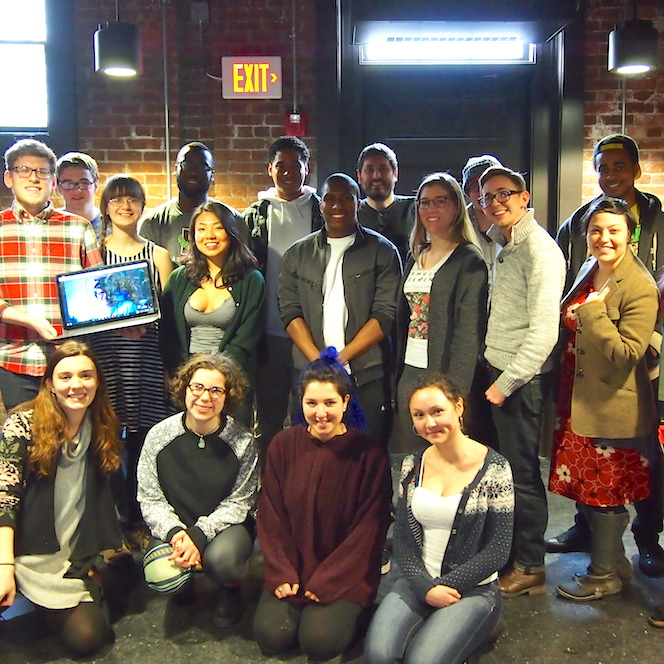In April 2001, the United States first recognized Sexual Assault Awareness Month and since that time, the National Sexual Violence Resource Center has been working to promote and encourage local and state advocacy groups to host awareness campaigns relevant to their community’s needs. This year’s theme was “Engaging New Voices” and the National Sexual Violence Resource Center (NSVRC) is reminding everyone that their voice is valuable in the fight to end sexual violence.
This year, the Commissioner’s Court of Comal County, Texas recognized the month by bringing together government officials, law enforcement officers, healthcare professionals, and educators to recognize the progress that has been made and thank those involved for their hard work and dedication to prevent sexual violence.
The NSVRC defines sexual violence as “any type of unwanted sexual contact. This can include words and actions of a sexual nature against a person’s will and without their consent.” According to a report published in 2015 by the United States Department of Justice, there are over 300,000 incidents of rape and sexual assault occur in our nation each year.
Another study published by the Department of Justice found that people ages 12 to 34 were more likely to be sexually assaulted than any other age group, making up approximately 54% of the total victim population. And while the common knowledge is that women and girls experience the highest rates of sexual assault, the Centers for Disease Control & Prevention (CDC) report that 1 in 33 men have experienced an attempted or completed sexual assault in their lifetime.
According to Pam Brown, Project Officer at the Center for Disease Control & Prevention and Advisory Board Member at NSVRC, “The prevalence of sexual assault and the short and long-term impact of it on individuals, families and communities is an important issue. Too often, sexual violence is not discussed until an incident occurs. Devoting a specific time frame to national awareness of sexual violence allows for dissemination of comprehensive information that helps to educate and engage our society at-large and also offers opportunities to focus on how we can prevent sexual violence from happening. We don’t want to stop at awareness, though. We work all year to prevent sexual violence before it begins.”
NSVRC wants to use the voices of influential community leaders to start the talk about sexual violence and what we can do to end it in our communities. “Preventing sexual violence requires diverse voices from multiple perspectives and sectors,” says Brown. “We know that there are connections among the different types of violence. We also know that experiencing any type of violence, including sexual violence, impacts the health and well-being of individuals, families and communities. Ideally, it would be great to see leaders from all aspects of community life become aware of how preventing sexual violence is relevant to their work and spheres of influence.”
While the national theme of this year’s Sexual Assault Awareness Month aimed to encourage community leaders to ‘start the talk’ about sexual violence, Brown says that everyone plays an important role in preventing sexual violence. “It can begin with accessing information during SAAM, but can continue throughout the year through our actions and conversations with others. Speak up when you hear or see behavior that contributes to violence. Be an active and visible bystander and stand up against violence. Believe survivors and offer them support.”
If you are the victim of a sexual assault, it is never too late to reach out for help, call the National Sexual Assault Hotline at 1-800-656-4673 to be connected with your local rape crisis center. Per federal statute, victims are entitled to free and confidential counseling and therapy services. To get involved in sexual assault prevention and awareness, visit the National Sexual Violence Resource Center website (www.nsvrc.org) and the Rape, Abuse & Incest National Network website (www.rainn.org).













